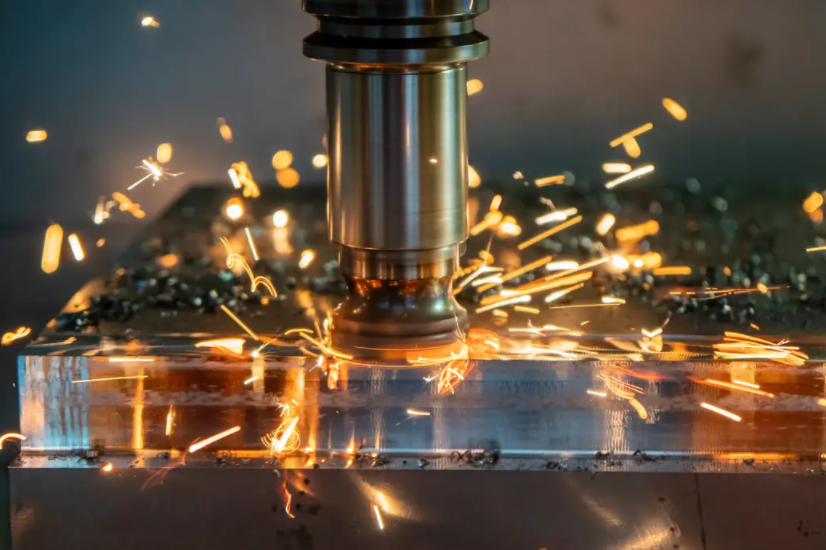Introduction:
In the manufacturing industry, aluminum casting molds play a crucial role in producing high-quality products. These molds are used to shape and form molten aluminum into various products, ranging from automotive parts to aerospace components. The quality of the casting molds directly impacts the final product’s strength, durability, and overall performance. Therefore, it is imperative to focus on creating high-quality aluminum casting molds to ensure the production of superior products.
Importance of High-Quality Molds:
The quality of aluminum casting molds significantly affects the final product\’s quality. High-quality molds ensure accurate and consistent dimensions, reducing the chances of defects and inconsistencies in the casted products. Superior molds also allow for intricate and complex designs, enabling the production of innovative and high-performance products. Additionally, high-quality molds have a longer lifespan, resulting in reduced maintenance costs and increased productivity.
Quality Design and Engineering:
Creating high-quality aluminum casting molds begins with a well-designed and engineered mold. The design should consider factors such as the product’s geometry, material properties, and the casting process. Advanced computer-aided design (CAD) software and simulation tools can be utilized to optimize the mold design, ensuring precise dimensions and minimizing the risk of defects. Engineers should also consider the mold material, taking into account factors like thermal conductivity, durability, and resistance to wear and tear.
Precision Machining:
Precision machining is a critical step in manufacturing high-quality aluminum casting molds. Computer numerical control (CNC) machines are commonly used to accurately and precisely shape the mold components. CNC machining allows for tight tolerances and ensures consistency in the mold’s dimensions. Advanced machining techniques, including high-speed machining and five-axis milling, can be employed to enhance the mold’s surface finish and reduce machining time.
Surface Treatment:
Surface treatment of the aluminum casting molds is essential to improve their durability and performance. The molds can undergo various surface treatments, including heat treatment, hard coating, and surface polishing. Heat treatment helps enhance the mold’s hardness and strength, while hard coatings, such as nitriding or carbide coatings, provide resistance against wear and corrosion. Surface polishing ensures a smooth finish, reducing the likelihood of defects and improving the mold’s lifespan.

Quality Control:
Implementing a robust quality control process is crucial to producing high-quality aluminum casting molds. Quality control should begin at the design stage and continue throughout the manufacturing process. Advanced inspection techniques, such as coordinate measuring machines (CMM) and non-destructive testing methods, can be employed to verify the mold’s dimensions, surface finish, and structural integrity. Regular maintenance and evaluation of the molds should also be performed to identify any potential issues and ensure they are addressed promptly.
Conclusion:
Creating high-quality aluminum casting molds is essential for manufacturing superior products. By focusing on quality design and engineering, precision machining, surface treatment, and implementing a robust quality control process, manufacturers can ensure the production of molds that result in consistent, accurate, and durable casted products. Investing in high-quality molds not only improves product quality but also reduces costs associated with defects, maintenance, and downtime. Ultimately, these molds contribute to the success and competitiveness of manufacturers in various industries.
-

- Magnesium aloi Thixomolding bahagian untuk perumah mesin sedutan oksigen
-

- Basikal Sukan Kanak-Kanak Berkualiti Tinggi Basikal Imbangan Kanak-kanak Basikal Kanak-Kanak
-

- Komponen thixomolding aloi magnesium
-

- Roda basikal bahagian faundri aloi magnesium dengan pemesinan CNC & kemasan permukaan
-

- Penutup UAV komponen magnesium thixomolding berketepatan tinggi
-

- Thixomolding parts & components mobile phone middle board processed

 0086-750-5616188
0086-750-5616188 +86 13392089688
+86 13392089688 sales@zhongmei-tech.com
sales@zhongmei-tech.com







